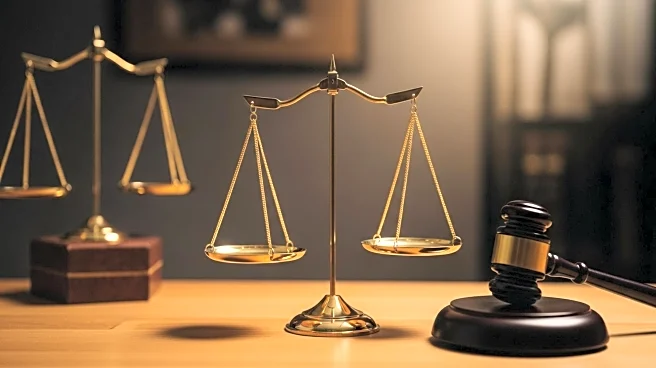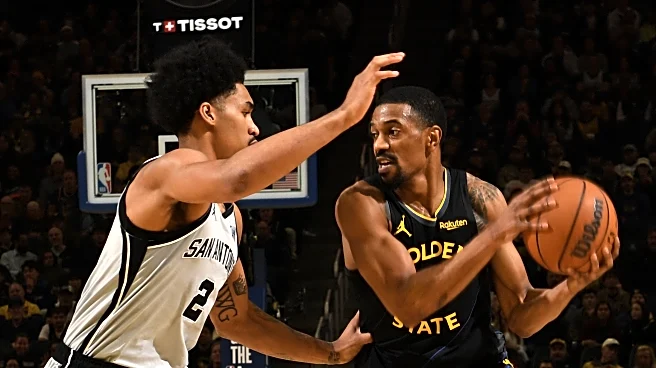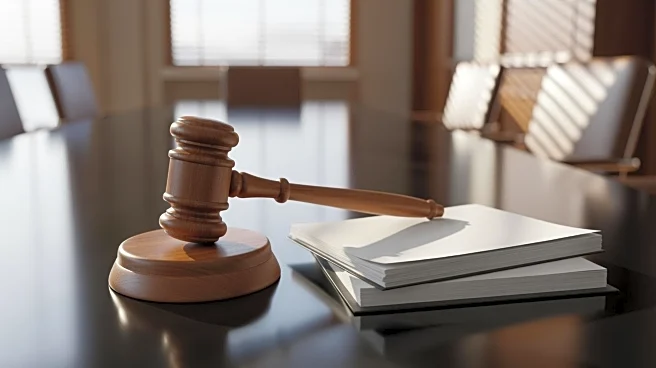What is the story about?
What's Happening?
The Department of Justice has ceased defending the contempt conviction of Peter Navarro, President Trump's former trade adviser, who is appealing his conviction related to defying a congressional subpoena. Navarro was sentenced to four months in prison for ignoring requests from the House select committee investigating the January 6 Capitol attack. The DOJ's decision to withdraw support for the conviction marks a significant shift, potentially aiding Navarro's appeal. Navarro argues that the subpoena violated executive privilege, a defense previously rejected by the court. The DOJ's move follows a broader trend of changes in litigation strategy under the Trump administration.
Why It's Important?
The DOJ's withdrawal from defending Navarro's conviction could have broader implications for executive privilege and the separation of powers. It raises questions about the legal standards applied to presidential advisers and the precedent it sets for future cases involving congressional subpoenas. The decision reflects ongoing shifts in the DOJ's approach to cases linked to the January 6 events, potentially impacting how executive privilege is interpreted and enforced. Navarro's appeal could influence legal interpretations of privilege and accountability for presidential aides, affecting both current and future administrations.
What's Next?
Navarro's appeal will continue, with the DOJ requesting the appointment of a private attorney to prosecute the case. The appeal process will examine the validity of executive privilege claims and the DOJ's rationale for withdrawing support. The outcome could redefine legal boundaries for executive privilege and congressional oversight. As the appeal progresses, it may prompt further legal debates and potential legislative actions to clarify the scope of executive privilege and its application in congressional investigations.
















